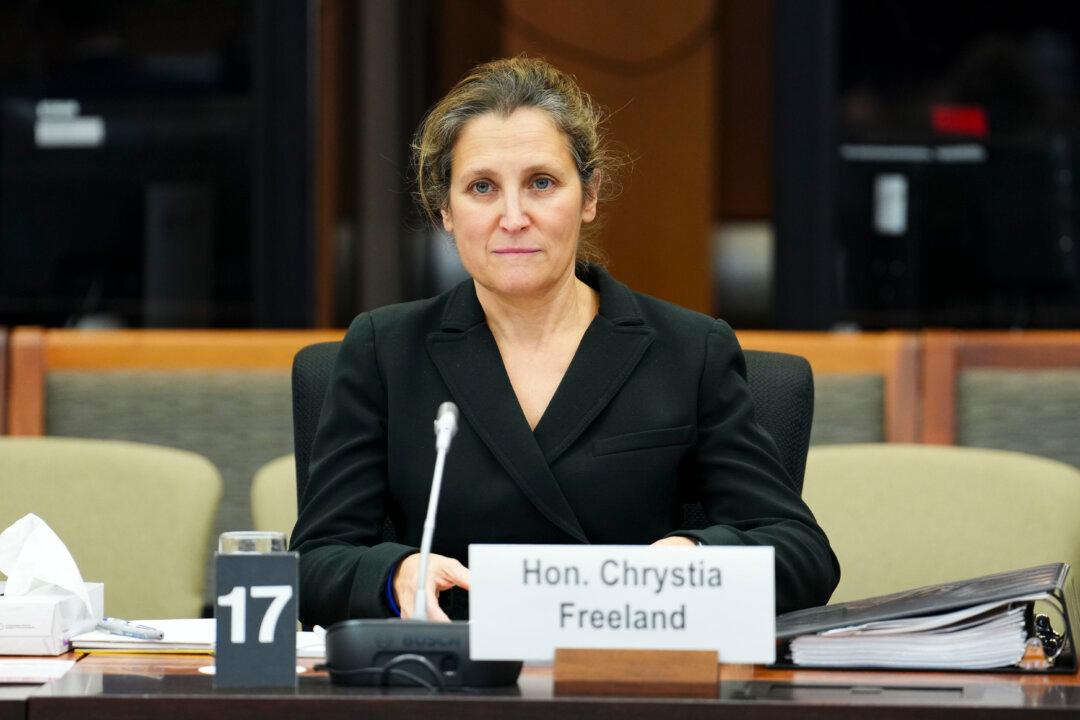A new $2 billion growth fund created to advance Canada’s green transition will be allowed to buy, sell and swap shares in other companies without public scrutiny, says a regulatory notice issued by the federal Department of Finance on Dec. 21.
The Canada Growth Fund (CGF) will be exempted from section 91 of the Financial Administration Act, said the notice, titled “Regulatory Impact Analysis Statement.” The Act requires Crown agencies to seek approval from the Governor In Council (GIC) before acquiring or selling shares in other corporations.





